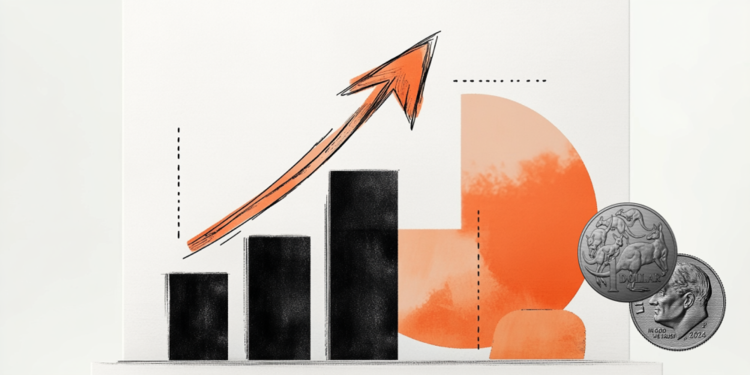This Thursday (8) is celebrated World Ocean Day, an environment that has become a growing global problem in recent years, due to the excessive amount of waste present in the seas and the increase in water temperature.
A study by a team of international scientists found that about 171 trillion plastic particles that, if gathered together, would weigh about 2.3 million tons, are found in the world’s oceans.
The research found a “rapid and unprecedented” increase in ocean plastic pollution since 2005, according to the study published in March in the journal Plos One.
In an interview with CNN the physical oceanographer at the Aqualie Institute, Lucia Alencar highlighted that pollutants have devastating consequences for marine life, causing damage to coastal habitats, poisoning organisms and even creating dead zones where lack of oxygen can affect the survival of marine animals.
“Plastic waste floats in the world’s oceans and is picked up by ocean currents that carry it thousands of kilometers from where it originated,” he said.
In this way, it is often not known exactly where a given waste came from and it makes it difficult to identify patterns, trends and regions most affected by different types of pollutants.
New technologies, however, have played a significant role in making new discoveries and combating marine pollution, as highlighted by oceanographer Bruno Leonelle Garrote The CNN .
“Using advanced algorithms, artificial intelligence can process and analyze data from different sources. This capability makes it possible to identify areas affected by pollution, such as oil spills, plastic or chemical pollutants, and facilitates the taking of more effective and faster corrective measures”, explained Bruno.
“Current technology can analyze satellite imagery, aerial photos and sensor data to detect areas affected by plastic and analyze the estimated plastic mass and number of particles in the oceans,” added Lúcia.
These tools allow more specific and effective approaches to prevent and combat plastic pollution to be adopted.
Lucia revealed that technologies have also played an important role in collecting essential data on the impacts of climate change on the oceans.
“Using buoys equipped with sensors and satellites, we can monitor parameters such as water temperature, salinity, oxygen content and pH in different oceanic regions,” he said.
Additionally, various technologies are being developed and used to help clean up the oceans.
“A passive approach is to install strategically placed floating structures that trap and concentrate debris as it moves with ocean currents. These sorting techniques are able to identify and separate different types of materials, increasing collection efficiency and facilitating further processing” , said the oceanographer.
“Another approach is to use ships specifically designed to clean up the oceans. These vessels feature advanced sorting and sorting technology to efficiently collect and dispose of debris floating in the ocean.”
Understanding ocean circulation and interactions with the atmosphere is critical to understanding global climate.
The two experts point out, however, that although artificial intelligence and new technologies help to demystify the oceans, they are not the “salvation to combat marine pollution”.
“When you try to represent a phenomenon in the physical world using mathematical equations, you rarely get a correct description of the phenomenon”, explained Lucia.
“While current technologies are powerful tools, addressing ocean issues requires a holistic approach that includes awareness raising, behavior change, regulatory policy and international cooperation”
Lúcia Alencar, physical oceanographer
While the numbers of pollutants have increased in recent years, social and business awareness of this issue has also grown, as highlighted by the oceanographer.
“The growing awareness is a result of multiple initiatives such as environmental movements, scientific research and the collective efforts of different stakeholders. Growing concern about the impact of pollution on our oceans is driving changes in the behavior of people and businesses.”
The coordinator of the ESPM Center for Socio-environmental Development (CEDS) and professor of Socio-environmental Responsibility, Sustainability and Ethics, Marcus Nakagawa commented on an initiative that has gained space in the market.
“Companies have been making products with plastic coming from the sea, cleaning up the oceans, looking mainly for plastic to be reused and starting to work in this context,” he said.
Source: CNN Brasil
Charles Grill is a tech-savvy writer with over 3 years of experience in the field. He writes on a variety of technology-related topics and has a strong focus on the latest advancements in the industry. He is connected with several online news websites and is currently contributing to a technology-focused platform.







